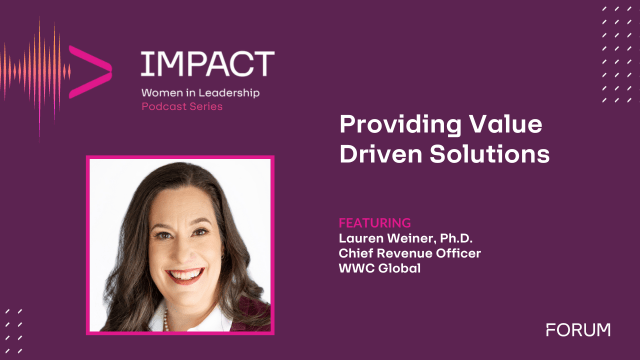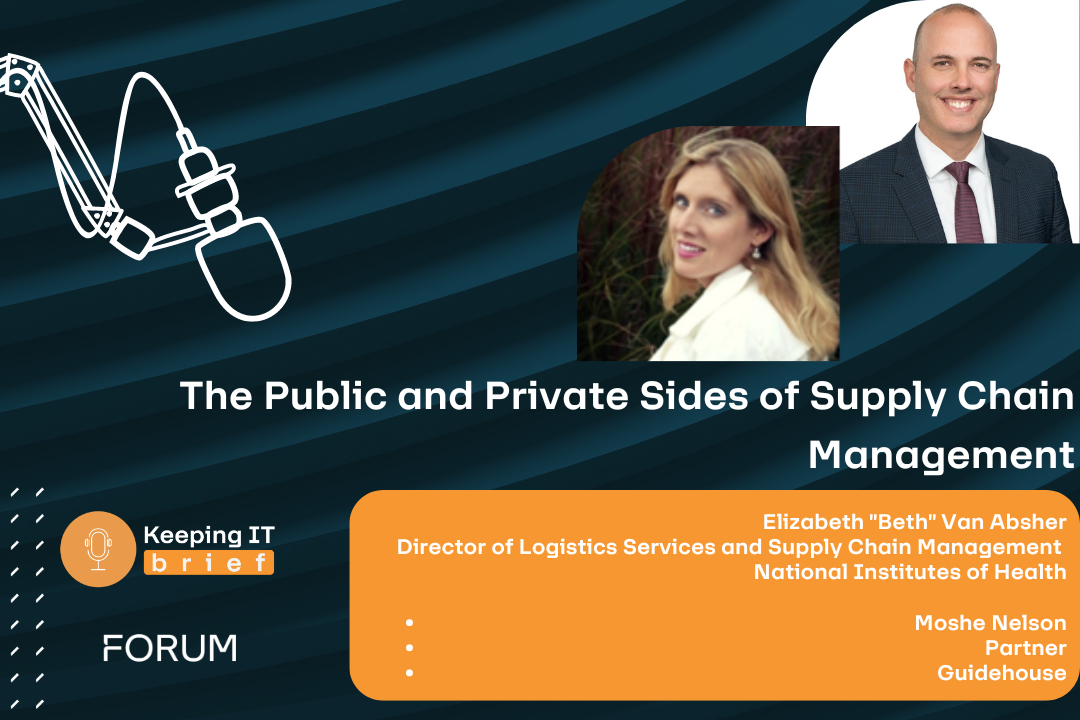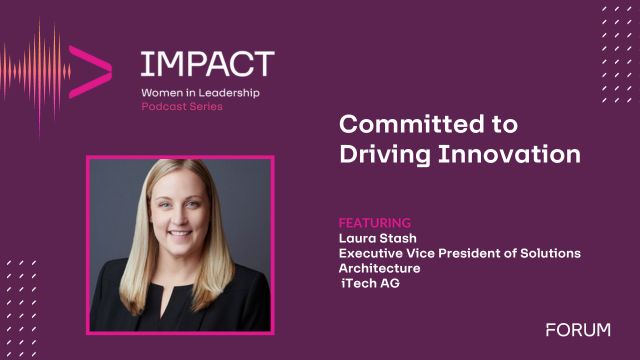FedHealthIT’s President, Susan Sharer, had the opportunity to connect with Index Analytics’ Chief Operating Officer Gina Wolery and Index Analytics’ Strategy Consultant Debbie Hattery to discuss transformation and modernization, the way Government and vendors must work together, and how Government can better use its rich data resources.
Approaching Transformation and Modernization
It’s important when approaching complex projects with significant ramifications not to approach it simply as an IT project, but rather from the mindset of the organization. That means with a view of the desired business outcomes, with an understanding of whether the organization is ready and able to adopt the change. And if not, why not. As partners in every project it is important to help customers make modernization decisions that will deliver value.
Anything IT related tends to get people both excited and concerned at the same time. When we tie in both transformation and modernization to program and policy goals, the effort becomes more meaningful.
To be successful you need to think like the business stakeholders and to engage the business throughout the process. It starts with a definition of success. What does success look like to all stakeholders so there is a reasonable outcome that everyone can agree on? If we can do this, whatever challenges are to be overcome along the way can be pointed back to that definition of success to refocus on what is being delivered and confirm that we are doing the right things. This approach helps people both appreciate and understand each other, and it empowers the commitment to collaborate.
It’s important though to ensure this is an iterative process, not a once and done activity. It must be a constant throughout the lifecycle of the project.
Does Successful Transformation Come Down to People Within an Agency or IT Vendor Performance?
Success has to be about people first. This goes back to that iterative approach to ensure everyone is driving toward a common goal. A good contractor partner or vendor is an extension of what Government is trying to deliver, and tending to the people has to be integrated into the work.
The framework we use ensures a holistic approach that includes ‘S’olutions, ‘O’utreach, ‘W’orkforce, and ‘E’nablers. Internally we use the term SOWE which captures all these keys. From this perspective, we look at technology, tools, people, governance, communications, outreach, and human capital to understand how to address all the components of an effort. SOWE also has another intended meaning, that of “sowing” the seeds of data and IT strategy. In other words, growing the fruits of innovation and harvesting the rewards. It takes a holistic, mindful and long-term commitment.
All participants in the project team working together as one – you may have heard the term a badge-less environment – describes that shared focus and mission, regardless of who the individual team members work for.
Which Technology Carries the Most Promise?
We hear a lot of talk and promise of blockchain, artificial intelligence, human-centered design and so on. But none of these can succeed if they exist in isolation; none can be optimized as an independent initiative. Approaching any framework requires looking at the customer to understand where they are in the overall modernization and innovation process. Not all agencies will understand things in the same way or to the same degree.
As partners, sometimes we need to be willing to implement a feature of technology to solve a simple problem so a customer can see it has applicability in their day to day business, even it’s not super sexy. This is a way to meet them “where they are at” and address what they need and what they’re ready for.
Including human-centered design in any effort can be really transformative for an organization if it can be embraced as part of a modernization and transformation effort that includes IT. At its heart it transforms the way the Federal and contractor community work together to serve the public.
How can Government Better use its Rich Data Resources?
Workforce development is the start. If Government can increase the power and ability of its people to take better advantage of the data resources, by extension that agency will be able to make better data available to the public.
There has been an explosion of technology and of the tools available to users, applications that in the hands of knowledgeable and trained users can reveal so many insights about data. If users know how to access the data within their organizations—and can understand the characteristics and quality of the different forms of data available—there is the potential for great outcomes.
Through data coaching, you educate users on the differences in the sources, tools, and quality of the data. The result then is an increase in data knowledge across the organization. Then the agency can advance its efforts to make data available in meaningful and useful ways.
There must exist a culture and structure to encourage the development of the workforce, a commitment to use data to make policy decisions, and an articulation of the priorities for organizations so people know what questions to ask of data teams. Leadership must empower a workforce that is knowledgeable of its data, what is needed or not needed internally and by the public, and clarity on the pace at which data must be collected and used. These are essential to managing data like the valuable public resource it is.
About Gina Wolery
 Gina’s career spans 25 years of consulting experience across Federal health markets where she has successfully led numerous business-focused modernization efforts. Recently, she worked closely with customers at CMS to draft and implement an actionable data strategy and she has been involved in the highly visible national health programs implementing CX, citizen outreach, and Salesforce solutions. As Index Analytics COO, she ensures the company scales for rapid growth, continues to delight its customers, and takes care of its employees.
Gina’s career spans 25 years of consulting experience across Federal health markets where she has successfully led numerous business-focused modernization efforts. Recently, she worked closely with customers at CMS to draft and implement an actionable data strategy and she has been involved in the highly visible national health programs implementing CX, citizen outreach, and Salesforce solutions. As Index Analytics COO, she ensures the company scales for rapid growth, continues to delight its customers, and takes care of its employees.
About Debbie Hattery
 Debbie is a retired Federal Executive with more than 20 years of experience focused on the implementation of Medicare quality and value programs. She is highly skilled at engaging executives in strategic conversations relevant to Medicare quality in the public sector health care environment; consultation related to Medicare Quality and Value based Programs; guidance on approaches to health IT operations and business improvement practices; and long-term strategic vision for quality in Medicare programs.
Debbie is a retired Federal Executive with more than 20 years of experience focused on the implementation of Medicare quality and value programs. She is highly skilled at engaging executives in strategic conversations relevant to Medicare quality in the public sector health care environment; consultation related to Medicare Quality and Value based Programs; guidance on approaches to health IT operations and business improvement practices; and long-term strategic vision for quality in Medicare programs.
About Index Analytics
Index Analytics is a health data analytics firm that has been sowing the seeds of innovation in Federal agencies since its founding in 2012. As experts across the entire data domain, Index excels at crafting useful, achievable modernization strategy to address an organization’s unique needs, then shepherds that strategy through successful implementation and adoption. Index is an 8(a) and HUBZone small business committed to the health, welfare, and equality of all those we employ and serve.












